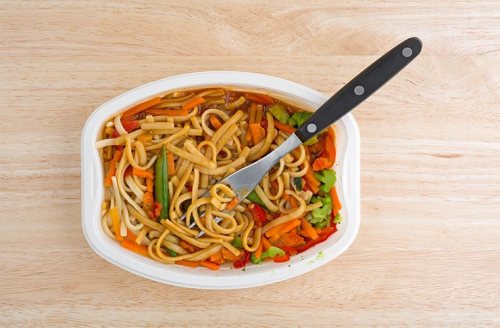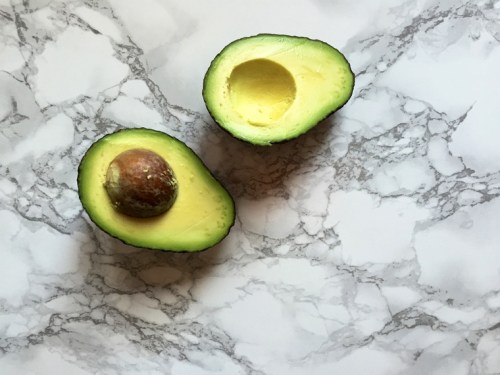Our editors independently select these products. Making a purchase through our links may earn Well+Good a commission
Even if you think you’re living your healthiest life—starting your day with a smoothie, religiously making time in your busy schedule to work out—you could be slowing down your metabolism without realizing it. And here’s the kicker: You might not be able to tell, since weight gain isn’t the only sign.
Metabolism problems are linked to diabetes, heart disease, and chronic inflammation, “which can set the stage for many kinds of cancer, autoimmune disorders, and possibly neurodegenerative diseases like Alzheimer’s,” says Always Hungry? author David Ludwig, MD, PhD. Um, yikes.
But don’t freak out. It turns out, your metabolism is something you can control to a great extent, with specific diet and lifestyle habits—or more specifically, by not doing certain things.
Keep reading for three ways you might be harming your metabolism—and what you can do about it.

Mistake #1: Filling up on processed food
You probably saw this one coming. According to Dr. Ludwig, processed foods spike insulin levels the most, and this is important because insulin is the major hormone that regulates metabolism. He explains that after you eat something processed—typically full of added sugar—blood sugar levels spike, then drop later. “This sets the stage for both overeating and harming the metabolism,” he says.
How exactly? When insulin levels are raised, it signals the body to store more fat. “The high insulin levels keep fat locked away in storage sites,” he says. That means it’s harder to burn off. Which brings him to what you should be eating instead….

Mistake #2: Not eating enough fat
Have a habit of scanning grocery store shelves for “reduced fat” everything? Stop. “Fat has virtually no effect on insulin levels,” Dr. Ludwig says (and yes, that’s a good thing). He’s such a strong advocate for fat that he recommends making it a full 50 percent of your diet for two weeks to jumpstart your metabolism. The other half should be protein and carbs, both slow-digesting and therefore won’t cause hormones to go haywire. (If you need a little more guidance on this, his book has a meal plan for following this, as well as a guide for tapering down to a 40 percent fat diet, and finally a lifelong meal plan, tailored to your body’s specific needs.)
“This makes sure the insulin levels don’t rise very much and are balanced by the other hormones,” he says. “And that supports metabolism long-term.” Win-win, right?

Mistake #3: Waiting until you’re really hungry to eat
What you eat isn’t the only thing that affects your metabolism—when you eat matters too. “Hunger is a sign your body needs calories and something to keep your metabolism going. You should never go hungry,” Dr. Ludwig insists. He explains that when you’re hungry, the brain goes into starvation mode and in response raises insulin levels—causing the body to burn calories at a slower rate.
The solution? Add some snack times into your day so you aren’t ravenous when you finally get home from work or finish a workout. “Ignoring hunger, cutting back on calories, and starving yourself doesn’t work over the long term,” Dr. Ludwig says. “It just creates a battle between mind and metabolism.”
Originally published October 23, 2016; updated August 30, 2018.
For more smart snack ideas, here are the foods in-demand fitness instructors keep in their gym bags. And did you know a 20-minute meditation can lower inflammation?
Sign Up for Our Daily Newsletter
Get all the latest in wellness, trends, food, fitness, beauty, and more delivered right to your inbox.
Got it, you've been added to our email list.











